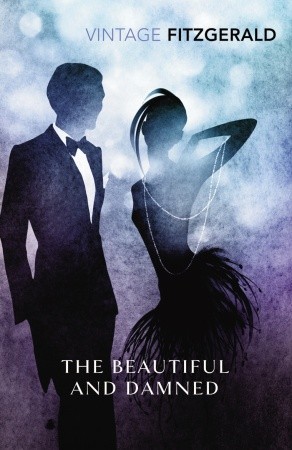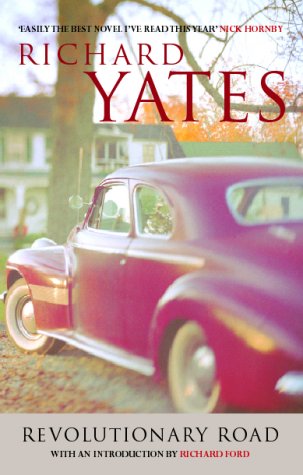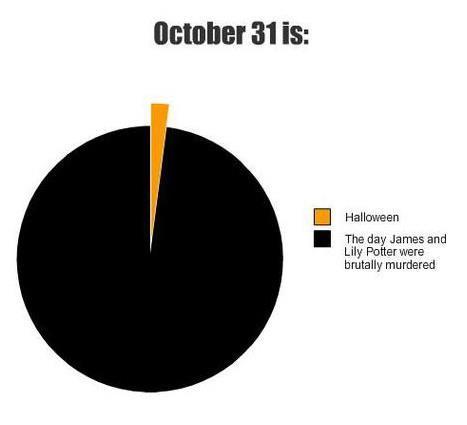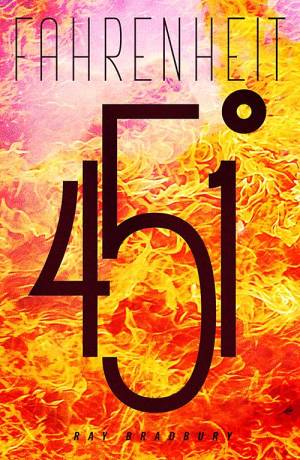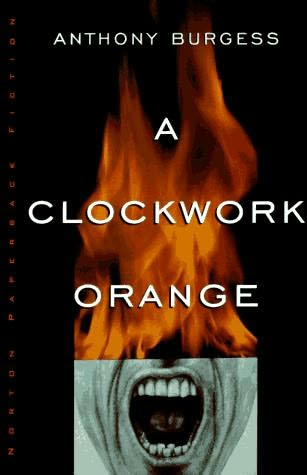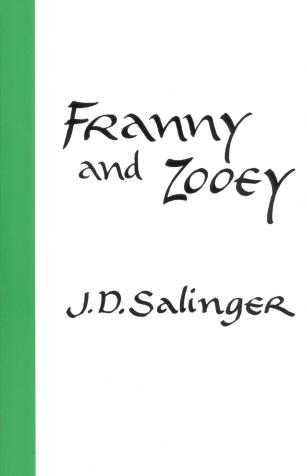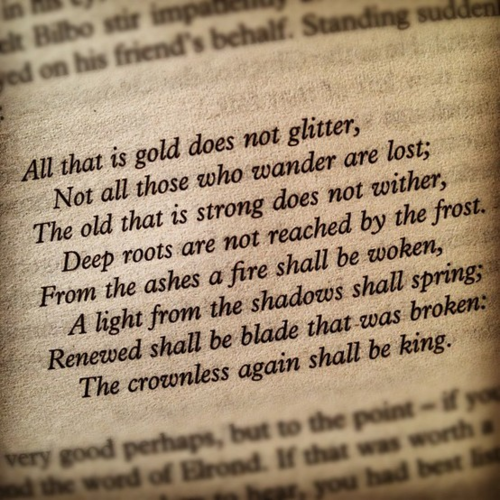I have always been on the Blair Waldorf team. I genuinely admire Blair’s determination to succeed on her own regardless of her ways and means of doing so. She is set on becoming somebody, dedicating her life to a certain career and following her heart. Serena, in contrast, is much more spontaneous and unpredictable – all bright qualities I find so curious precisely because they are in great dichotomy with the life I have chosen for myself. With the progressive development of the character of Ms. Van der Woodsen, I began to enjoy her involvement in the plot more and more. So the couple of explicit referrals to “The Beautiful and Damned” as her favorite book impelled me to rummage through all the bookshops in the city in search of it. Yes, I decided to read a novel by F. Scott Fitzgerald thanks to “Gossip Girl”.
“The Beautiful and Damned”, like most of his other works, is set during the thrilling Jazz Age. The novel revolves around the tale of romance of Anthony Patch, a Harvard boy intent to live off his grandfather’s fortune, and Gloria Gilbert, a baby vamp whose favourite topic of conversation is her legs. Both of them are perched at the top of the social ladder: they have the looks, they have the cash and they have the contacts. They regard themselves so well-off that they contempt life and all its aimlessness. “I do nothing, for there’s nothing I can do that’s worth doing” However, in their obdurate refusal to rise up to the challenges of work, they gain no hands-on experience. They gather their knowledge, principles, opinions and morals from books and hypothetical conversations and consequently so they remain only theoretical.
In the midst of exhilarating cocktails, joyful dancing and insolent flirting Gloria and Anthony are disillusioned with their love and their marriage. Striving to return back to the mirth of the past, they squander away in a drunken stupor both money and days. They spiral down the social ladder, appalling their friends, encouraging gossip and rumours and trying desperately to mend their lives until they end up in a flat in a destitute neighborhood, alone and put off by each other, deprived of their inheritance.
We have all secretly craved at some point to foray into the 1920s for a night and revel into the glory and splendor of the parties and dresses and elegance of it all. “The Beautiful and Damned” offers a brilliant insight into the not-so-glamorous side of the Jazz Age – a time entirely absorbed with distorted nihilism and superficiality – looks, clothes, money, appearances. Gloria and Anthony are an apotheosis of the depravity and falseness of that era. The sole purpose of their delusive lifestyle is to preserve their social status, have fun and retain the frivolity of their youth. It seemed to me from the very beginning of the novel that they are incessantly trying to shield themselves from the truth about the meaninglessness of their own hollow existence with pretentious repartee cynicism and nihilism. “Same old futile cynic. It’s just a mode of being sorry for yourself. You don’t do anything – so nothing matters”
Reading “The Beautiful and Damned” prompted me towards the realization that in one way or another we all struggle to keep up appearances, trying to re-enact a part of ourselves, or our past that no longer exists in an unavailing effort to dodge reality. However, “beautiful things grow to a certain height and then they fail and fade off, breathing memories as they decay” and accepting this poignant truth is part of learning to let go of the light when the candles flicker off and saying goodbye when the moment passes. It’s part of learning how to live full-heartedly.
But what astounded me most in the novel is the measure of vanity present in the life of all characters. Every decision they make, every dream they harbour, every desire they have is tainted by vanity. They read books in order to appear intellectual. They dance and sing in order to seem up-to-date. They dine at the most luxurious restaurants in order to verify their social status. They even write in order to be discussed and celebrated. Meretriciousness is inherent in all their actions. It is imponderable how ostentatiously, bogusly and conceitedly one can live and not realize it, even love it!
